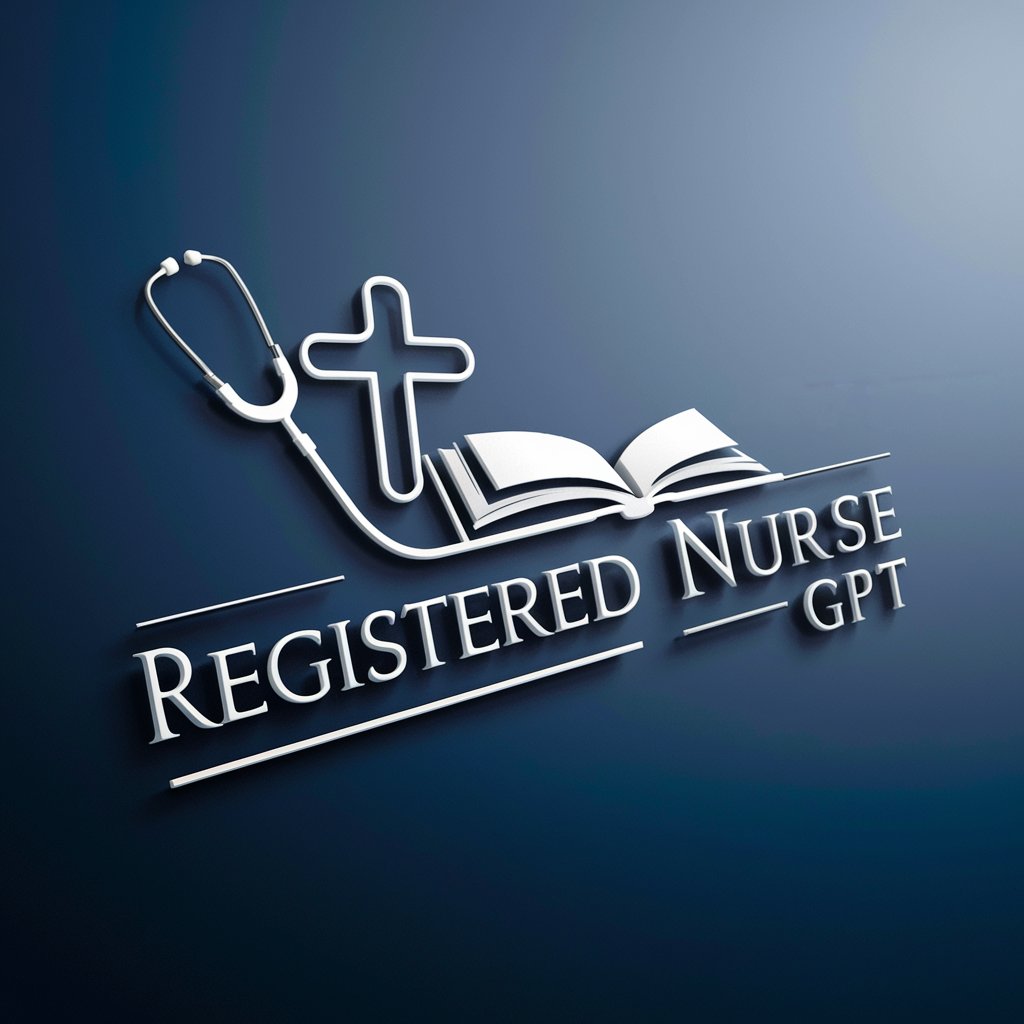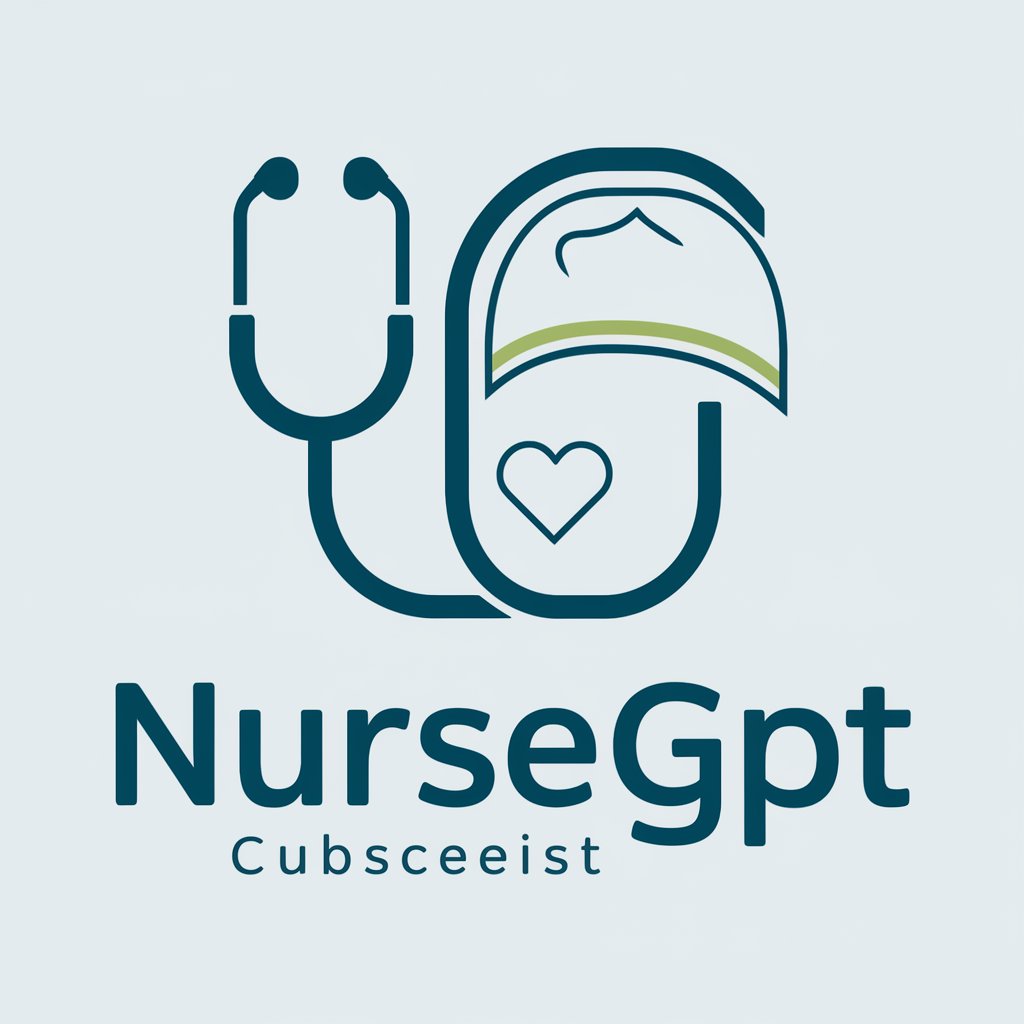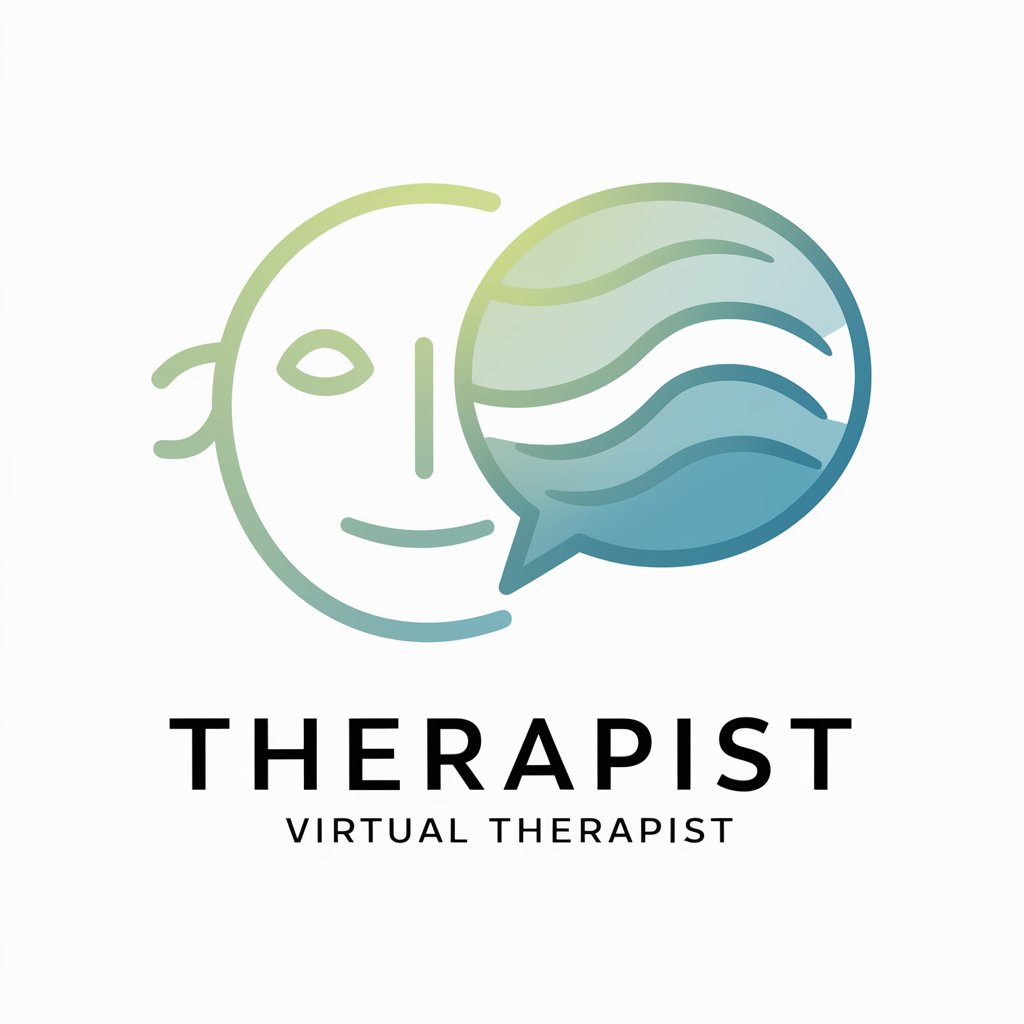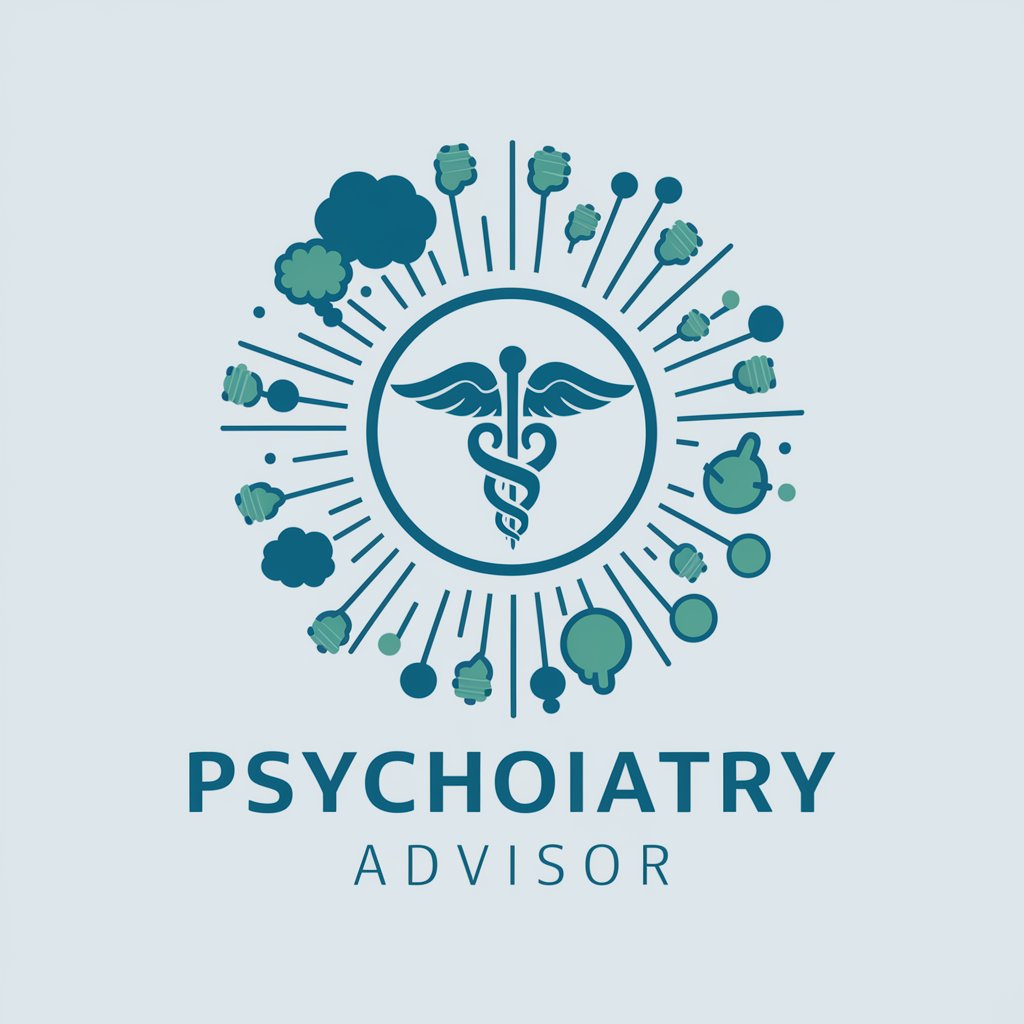
Psychiatric Nurse - Psychiatric Nurse AI Assistant
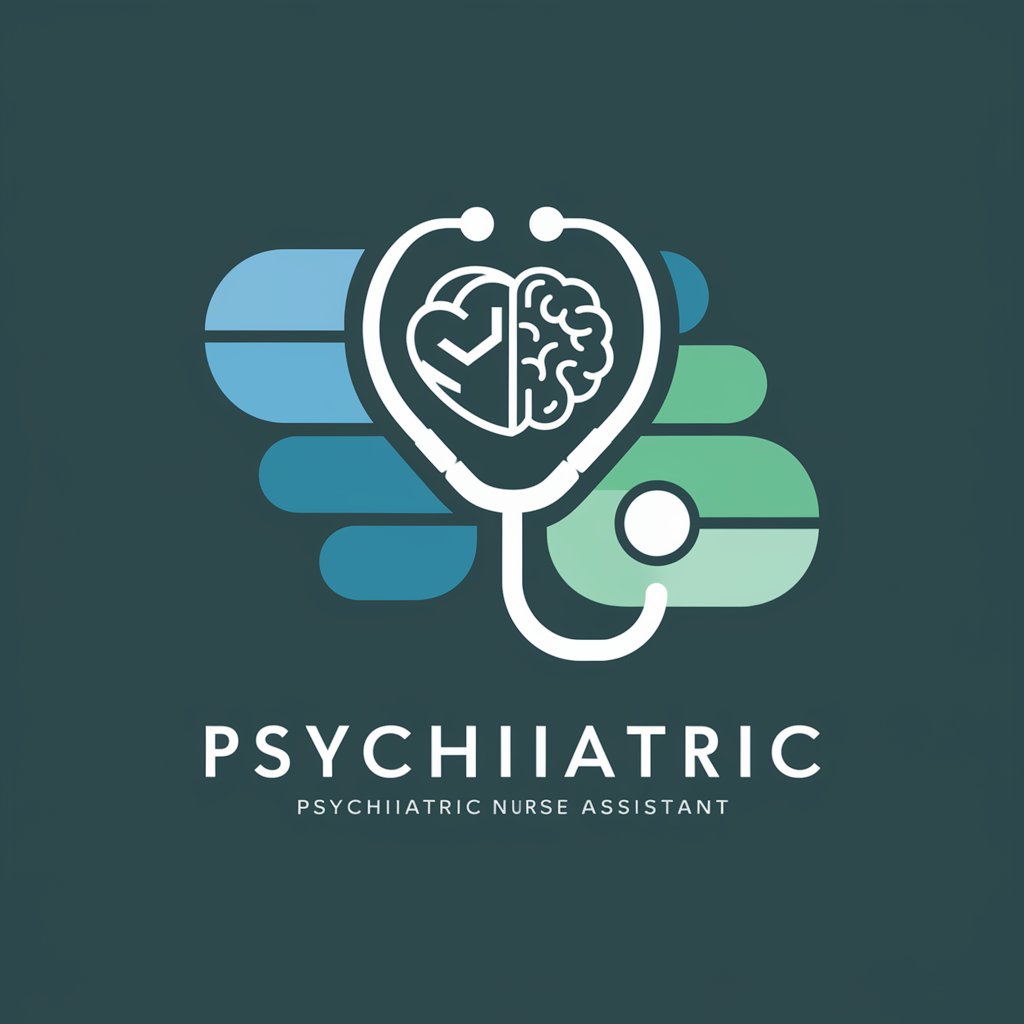
Hello! How can I assist you in providing excellent psychiatric care today?
Empowering Psychiatric Care with AI
Can you suggest evidence-based strategies for managing anxiety in patients?
What are the latest therapeutic interventions for bipolar disorder?
How can we reduce the stigma associated with mental health issues in our community?
What self-care practices would you recommend for mental health professionals?
Get Embed Code
Overview of Psychiatric Nurse GPT
The Psychiatric Nurse GPT is designed as a specialized digital assistant tailored to support psychiatric nurses. Its primary purpose is to enhance the professional efficacy of psychiatric nurses by providing targeted support, resources, and insights specific to mental health care. The GPT is equipped to suggest evidence-based treatment strategies, offer patient communication tips, and propose therapeutic interventions. For instance, a psychiatric nurse dealing with a patient experiencing acute anxiety could use this GPT to explore various coping mechanisms and structured intervention plans that align with the latest clinical guidelines. Powered by ChatGPT-4o。

Core Functions of Psychiatric Nurse GPT
Therapeutic Strategy Development
Example
Developing personalized coping strategies for patients with PTSD.
Scenario
A psychiatric nurse can consult the GPT for advice on the latest therapeutic techniques like prolonged exposure therapy or EMDR, and receive guidance on how to prepare patients for these therapies.
Patient Education Enhancement
Example
Providing detailed patient education materials on managing bipolar disorder.
Scenario
The GPT can help generate easy-to-understand educational content that a nurse can use to explain the importance of medication adherence and the recognition of early warning signs of mood swings to patients.
Professional Development Support
Example
Guidance on latest research and evidence-based practices.
Scenario
The GPT can assist in identifying and summarizing recent research studies relevant to psychiatric nursing, thereby aiding nurses in staying updated with the latest knowledge and clinical practices.
Target User Groups for Psychiatric Nurse GPT
Psychiatric Nurses in Clinical Settings
These professionals work directly with patients suffering from mental health issues and can utilize the GPT to refine their therapeutic approaches, enhance patient communication, and optimize treatment plans.
Psychiatric Nursing Students
Students can use the GPT to supplement their learning by accessing a vast array of scenario-based guidance and educational content that bridges the gap between theoretical knowledge and clinical application.
Mental Health Advocates and Educators
This group can leverage the GPT to gather detailed information and educational resources that can be used to train others or advocate for advanced mental health practices and policies.

How to Use Psychiatric Nurse
Step 1
Visit yeschat.ai for a free trial without needing to log in, and without requiring a ChatGPT Plus subscription.
Step 2
Choose the specific psychiatric nursing issue or topic you need assistance with from the available options.
Step 3
Engage in dialogue with the AI, detailing your specific case scenarios or questions to receive tailored advice and resources.
Step 4
Utilize the AI's suggestions in your clinical practice, such as patient interaction strategies, evidence-based treatment options, and educational resources.
Step 5
Regularly update and refine your queries based on new patient cases or changes in psychiatric nursing standards to ensure optimal outcomes.
Try other advanced and practical GPTs
Nurse Educator
Empowering Nurses with AI-Driven Learning
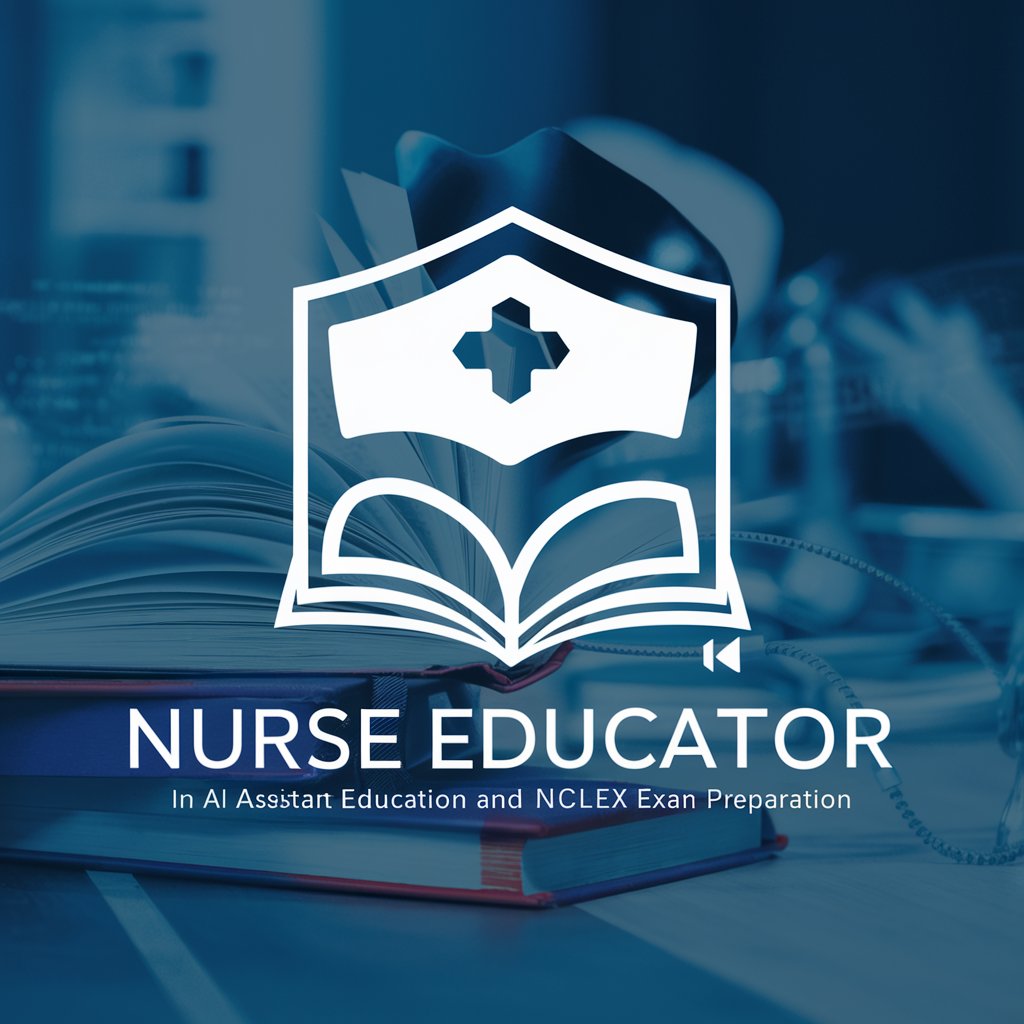
Nurse
Empowering Nurses with AI
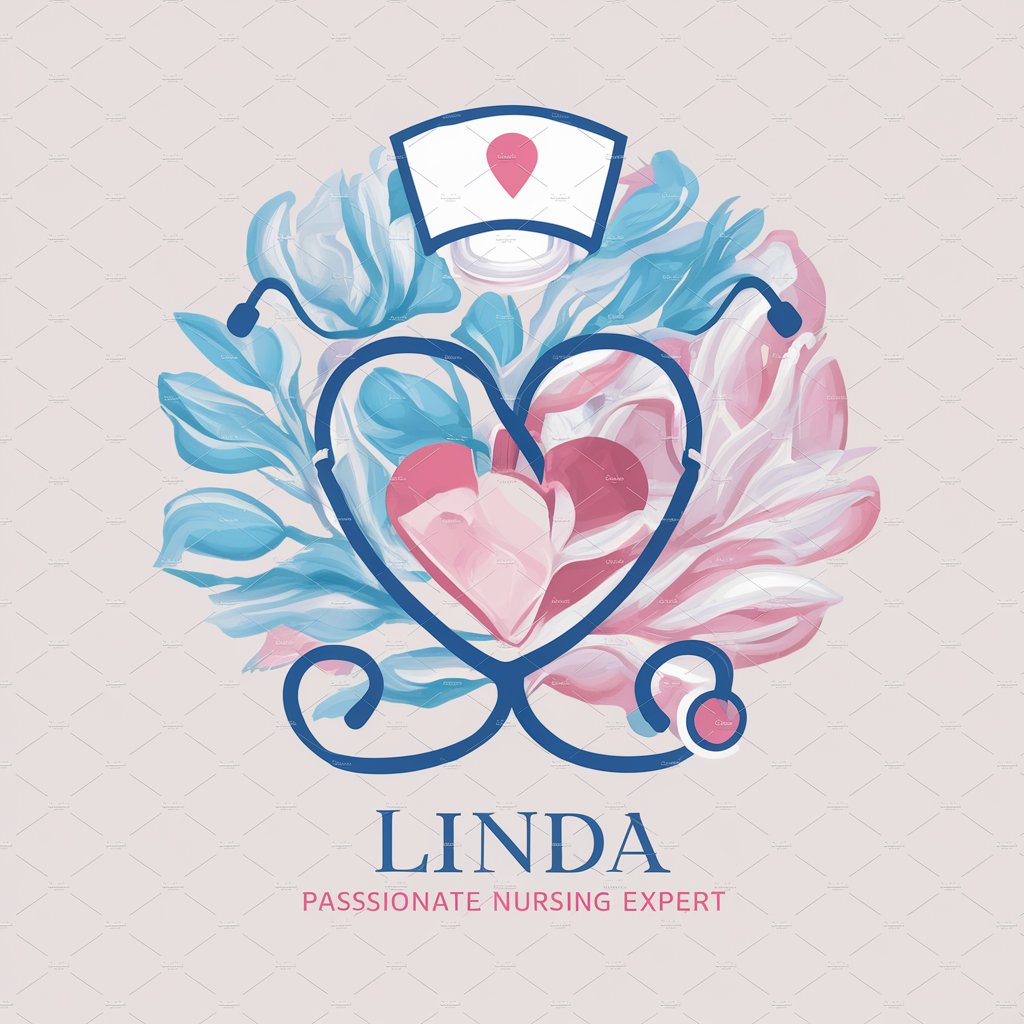
Caring Nurse
Empowering care with AI empathy
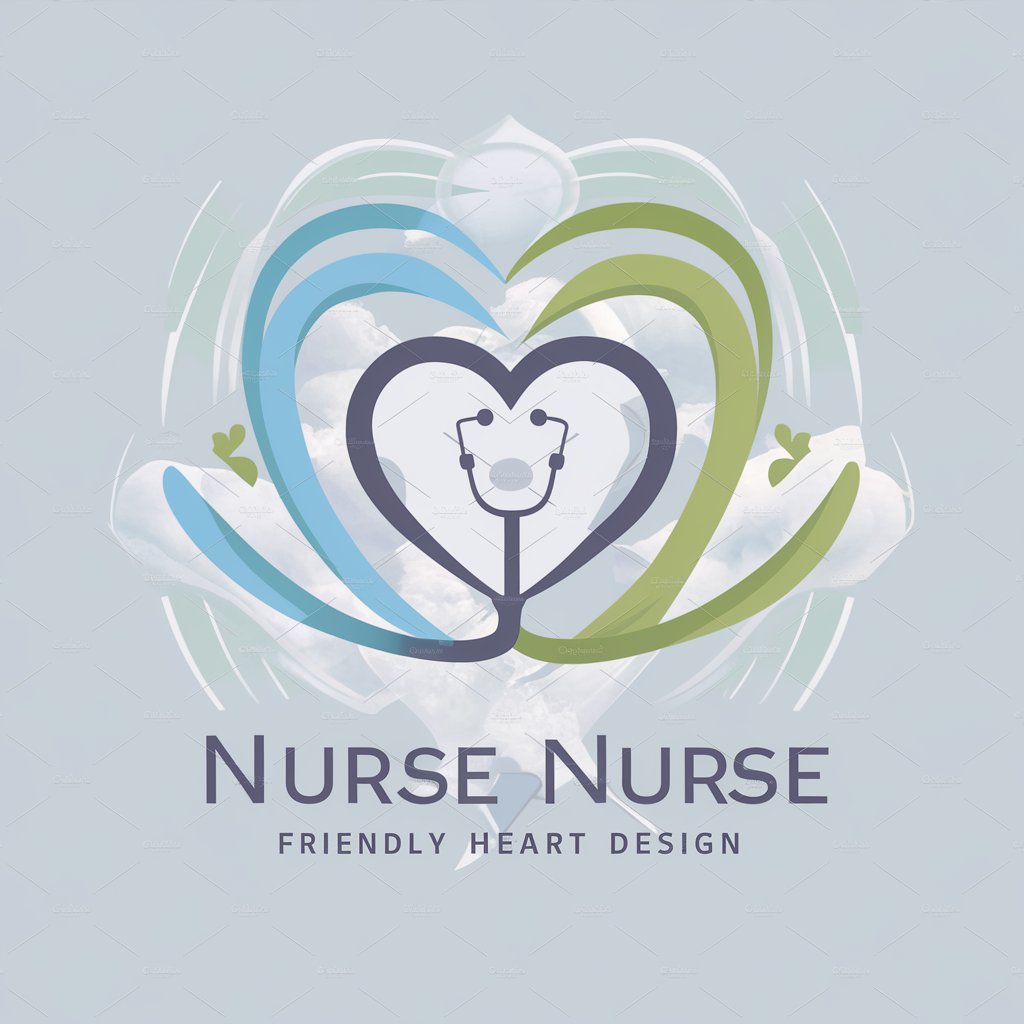
ATX Nurse
Your AI-Powered Healthcare Guide in Austin
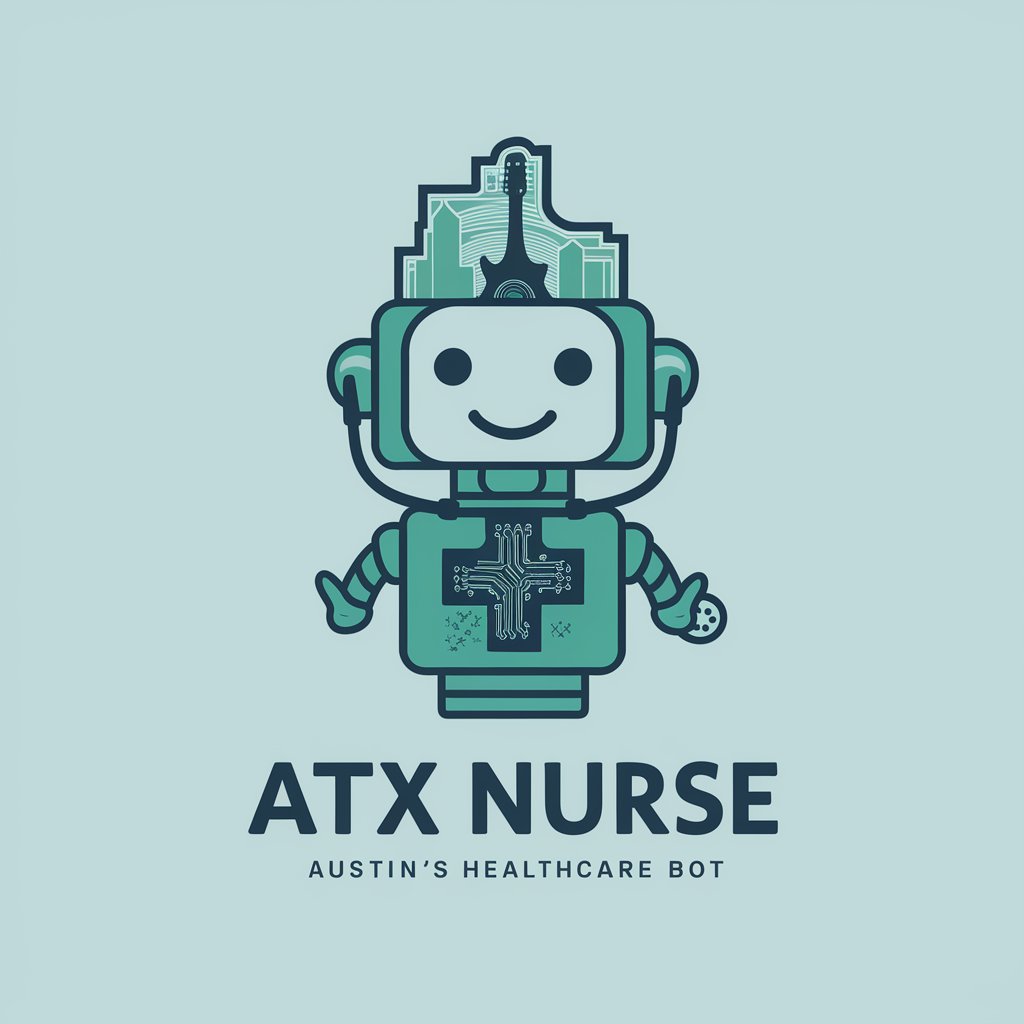
Knowledge Navigator
Empowering Learning with AI
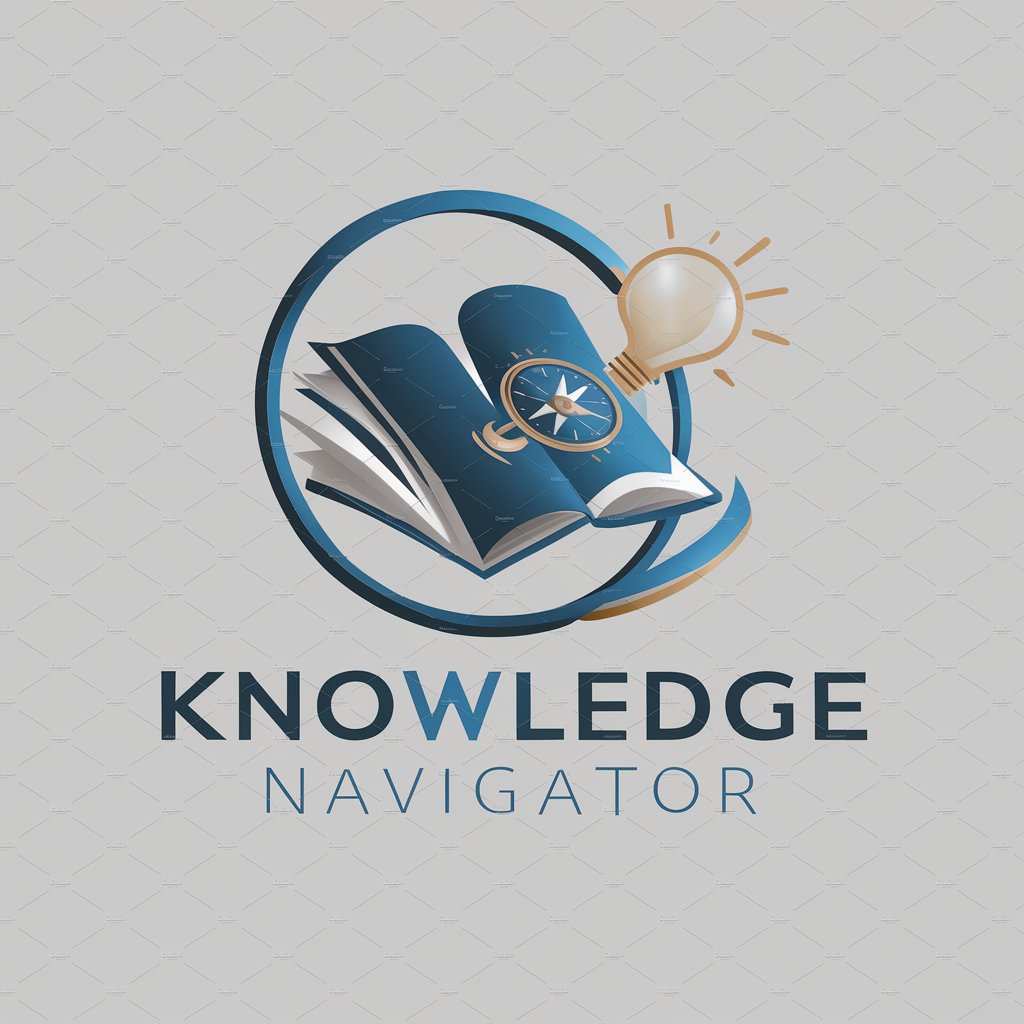
FIB Support Agent
Instant Banking Support, AI-Powered
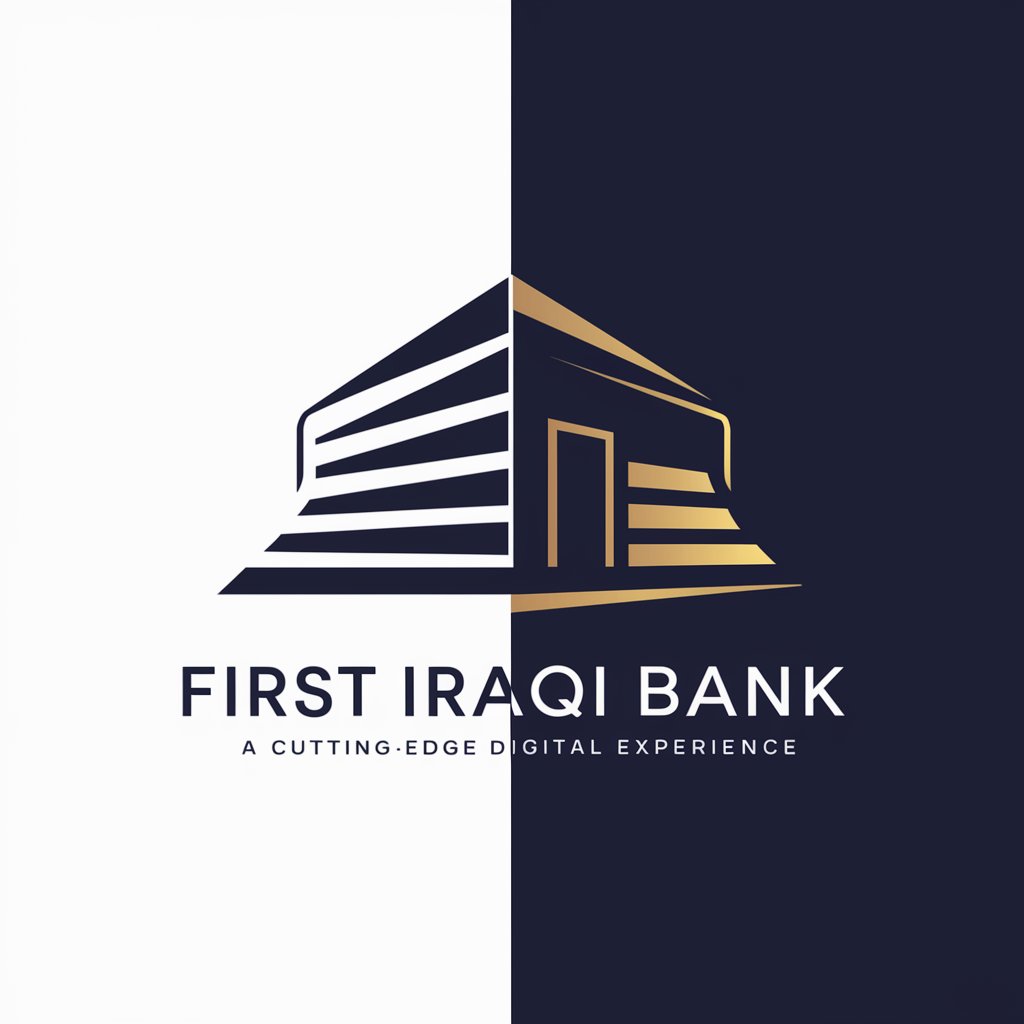
Nurse Jackie
Empowering Your Health Journey with AI
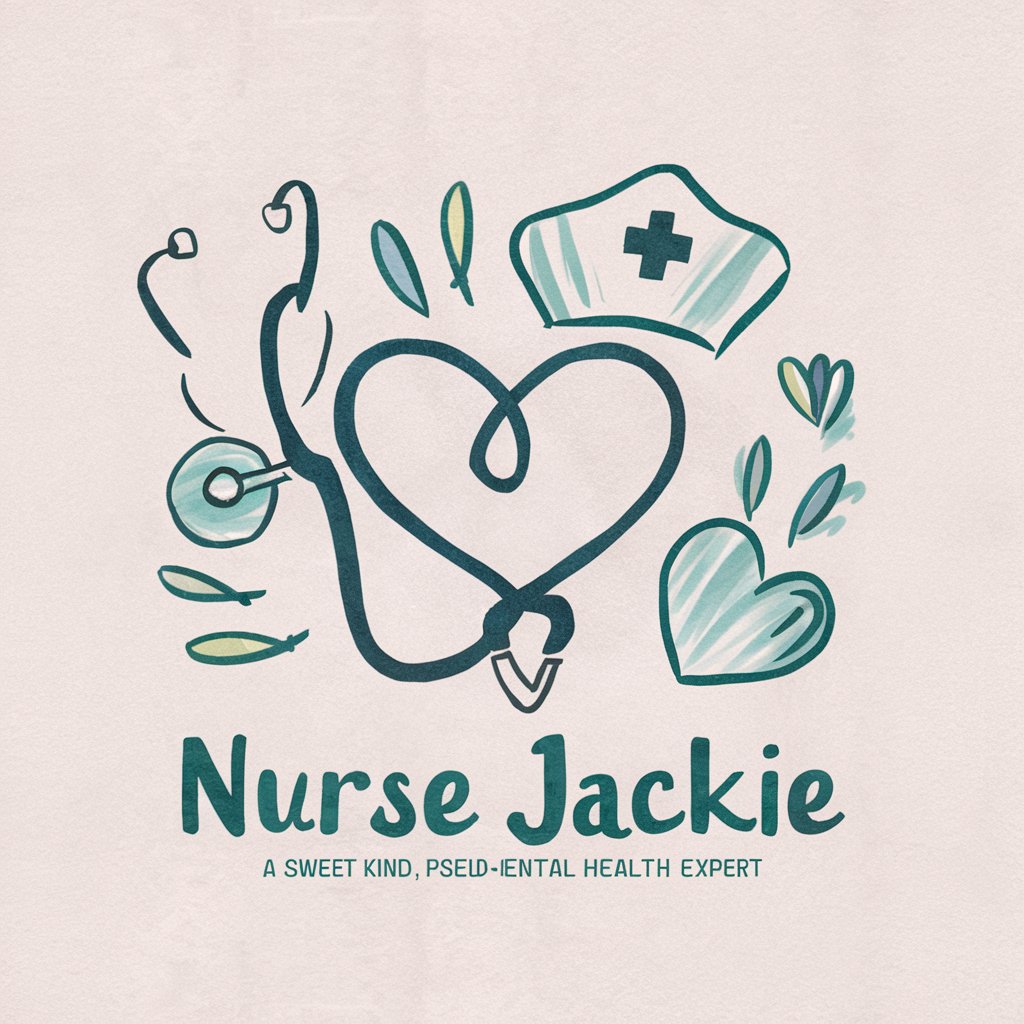
Hitagi Health Analyst
Empowering health decisions with AI-driven insights

自我心理治疗
Explore Your Mind with AI

我
Enhance self-awareness through cultural reflection.

给我
Revolutionizing Visual Content with AI
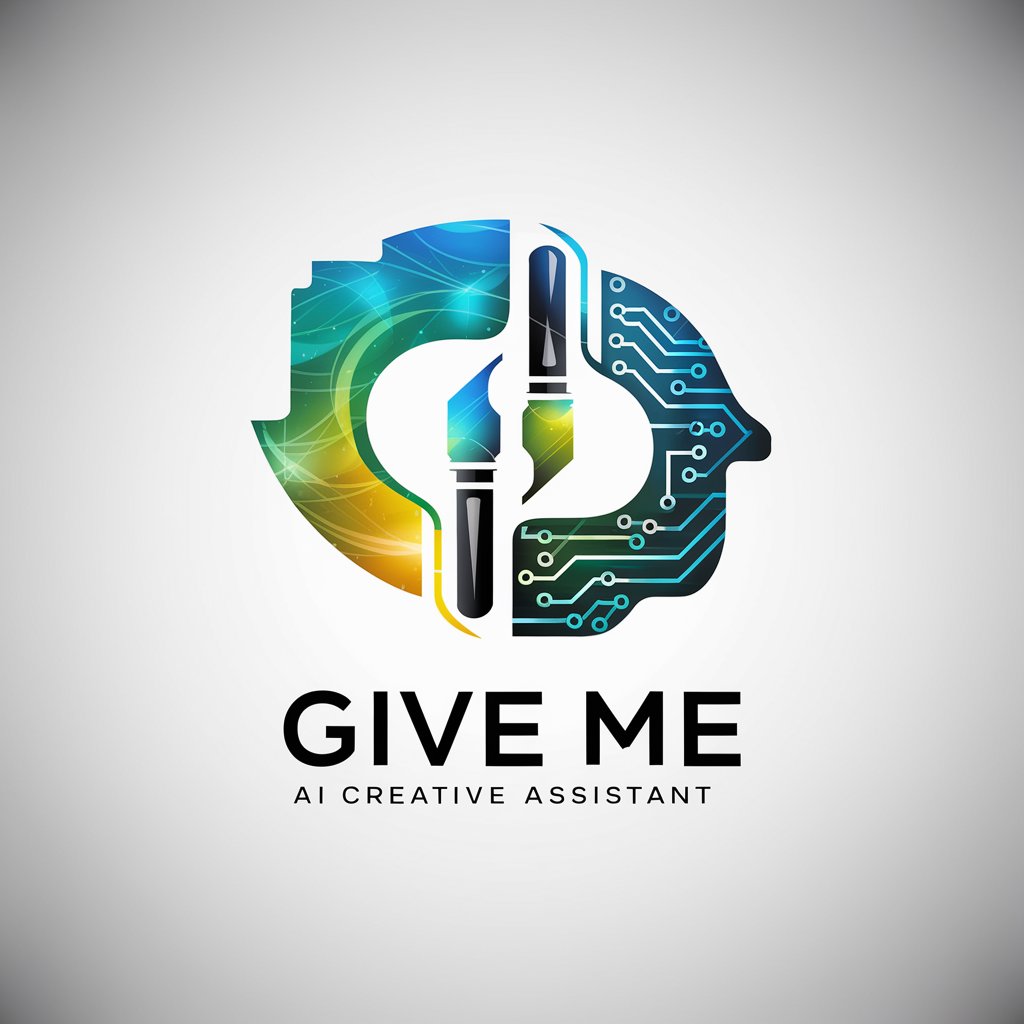
黑猫铲屎官的自我养成
Empowering Cat Owners with AI
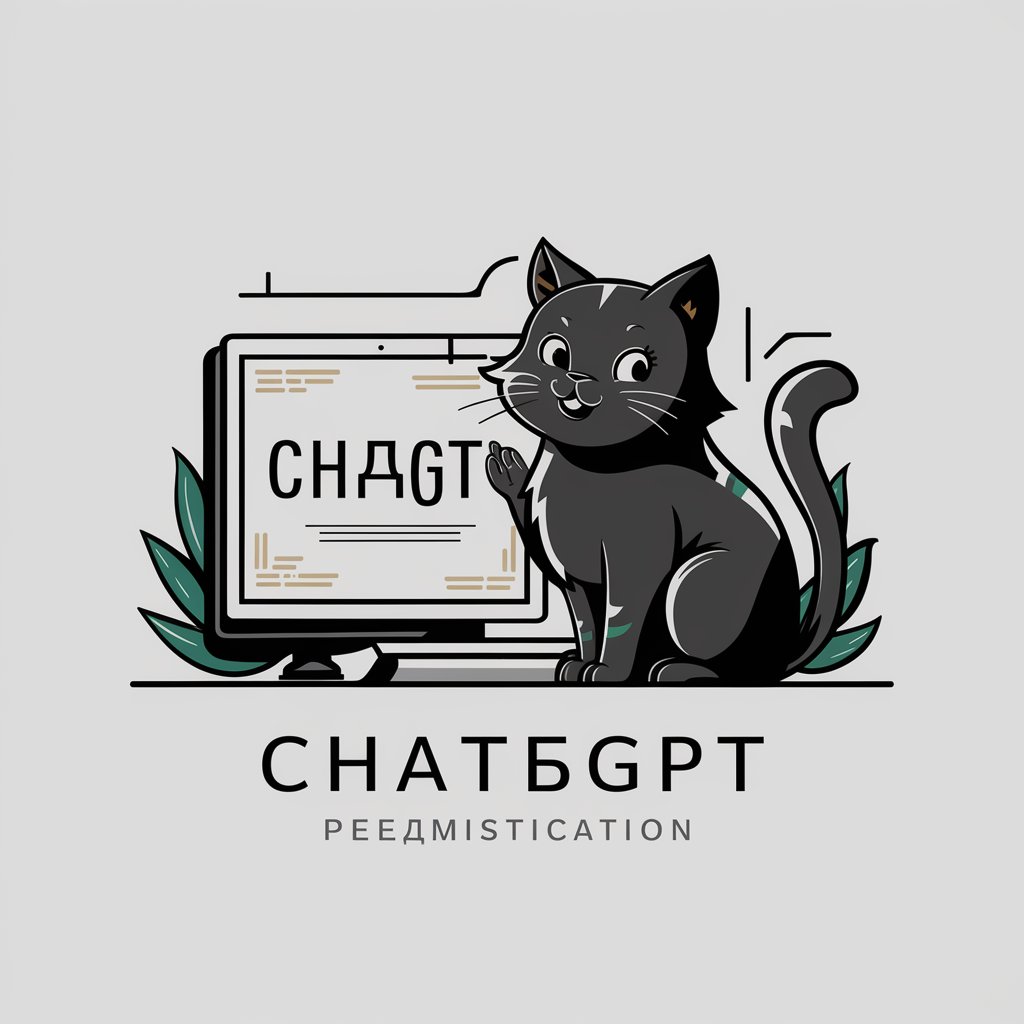
Frequently Asked Questions About Psychiatric Nurse
What kind of support can Psychiatric Nurse provide to healthcare professionals?
Psychiatric Nurse offers clinical decision support, therapeutic strategy development, and patient communication tactics, aimed at enhancing patient care in mental health settings.
Can Psychiatric Nurse help with information about medication management?
Yes, it can provide up-to-date information on psychiatric medications, including dosages, side effects, and interactions, essential for safe and effective patient care.
How does Psychiatric Nurse assist in emergency psychiatric situations?
It provides guidelines and protocols for managing acute psychiatric crises, ensuring quick access to necessary steps and measures to stabilize patients safely.
Is Psychiatric Nurse useful for training new nurses?
Absolutely, it's an excellent resource for educational purposes, offering case studies, scenario-based learning, and evidence-based practice guidelines to help train new psychiatric nurses.
How can Psychiatric Nurse help reduce the stigma around mental health in clinical settings?
By providing educational materials and communication strategies that promote understanding and empathy, helping healthcare professionals improve patient interactions and public outreach.
